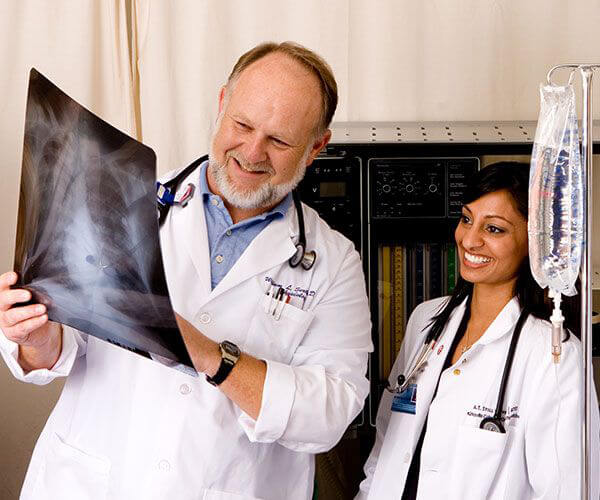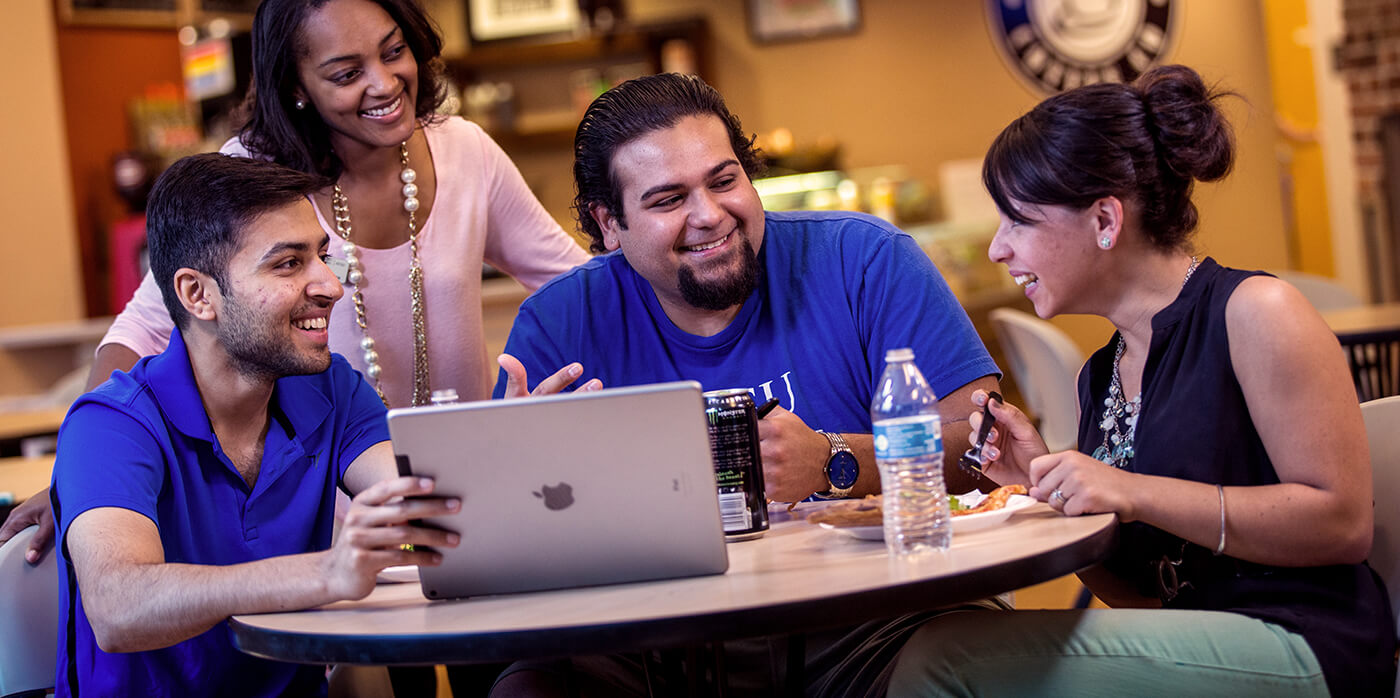Personal Statement Tips
Definite DOs
- Proofread.
- Make every word count - communicate an impression and take an innovative approach.
- Brainstorm for ideas.
- Revise and rework your initial essay and all secondary essays.
- Type (rather than handwrite) your personal statements.
- Always consider the tone of the essay - you want to highlight your positive attributes.
- Mention your clinical exposure and personal experiences and how they have directly influenced your decision to be a physician - most importantly, share your feelings.
- Use active language, complex sentences, simple sentences, and correct terminology.
- Know your audience and have an understanding of the institution to which you are applying.
- Be proud of your accomplishments.
- Convey your research, leadership, service, and life experiences.
- Demonstrate your integrity, common sense, and your ability to inspire confidence in your colleagues.
- Demonstrate compassion for human beings, overall commitment, and enthusiasm for your future medical pursuits.
- Contextualize your accomplishments.
- Relate your professional goals and your personal goals.
- Talk from your heart.
Definite DON’Ts
- Don’t speak in generalities - always answer the “how” and the “why” and use evidence to support your statements.
- Don’t cut and paste your first statement for use in your secondary application.
- Don’t use bad grammar, incorrect punctuation, or make spelling errors - proofread instead!
- Don’t ramble on.
- Don’t make excuses or beg for an interview.
- Don’t harp on the less than stellar qualities of your application - explain any apparent contradictions and move on.
- Don’t forget to do the essay - incompleteness is undesirable.
- Don’t list qualities - illustrate and elucidate specific aspects.
- Don’t swear.
- Don’t employ gimmicks, try to create a great literary piece, or be overly flamboyant - be yourself.
- Don’t restate the scores already listed elsewhere in your application, such as GPA or MCAT results.
- Don’t speak of actions only - speak of feelings too as they are unique to you.
- Don’t overlook the power of the introduction and conclusion.
- Don’t take a non-stop approach to the statement - step away once in a while and come back.
- Don’t forget to have others read your statement and provide you with feedback.
- Don’t blame others or put down other professions.
Top Ten Application Mistakes
Mistake #1
Not contacting AACOMAS or the Office of Admissions to verify that all items of the application have been received.
Mistake #2
Waiting too long to write the personal statement (maybe even writing it in a day) and not seeking feedback from valuable resources, such as advisors, friends, professors, and parents.
Mistake #3
Under-explaining or over-explaining discrepancies (such as gaps in time or a series of poor grades) in the application. Seek guidance from an advisor.
Mistake #4
Starting the process too late. The “process” includes everything from clinical exposure to actually filing the application. Start early and devote time and energy to every step.
Mistake #5
Sharing too little of personal drive and desire. We see many personal statements that reflect what students consider to be “ideal” steps in the application process (clinical experience, work history details, and so on). We would like to hear more about the specific examples that accompany such experiences.
Mistake #6
Not typing the application. If at all possible, typewritten applications are preferred.
Mistake #7
Getting letters of evaluation from individuals who have only known the applicant for a short period of time. Build relationships!
Mistake #8
Acting inappropriately when contacting our office or coming for an interview. Every part of the application process is a part of our decision.
Mistake #9
Not taking the opportunity to practice interview skills.
Mistake #10
Demonstrating only a cursory understanding of osteopathic medicine (best seen in statements that repeat our brochures to us). Take the time to read and reflect on what osteopathic medicine is and what it means personally.

